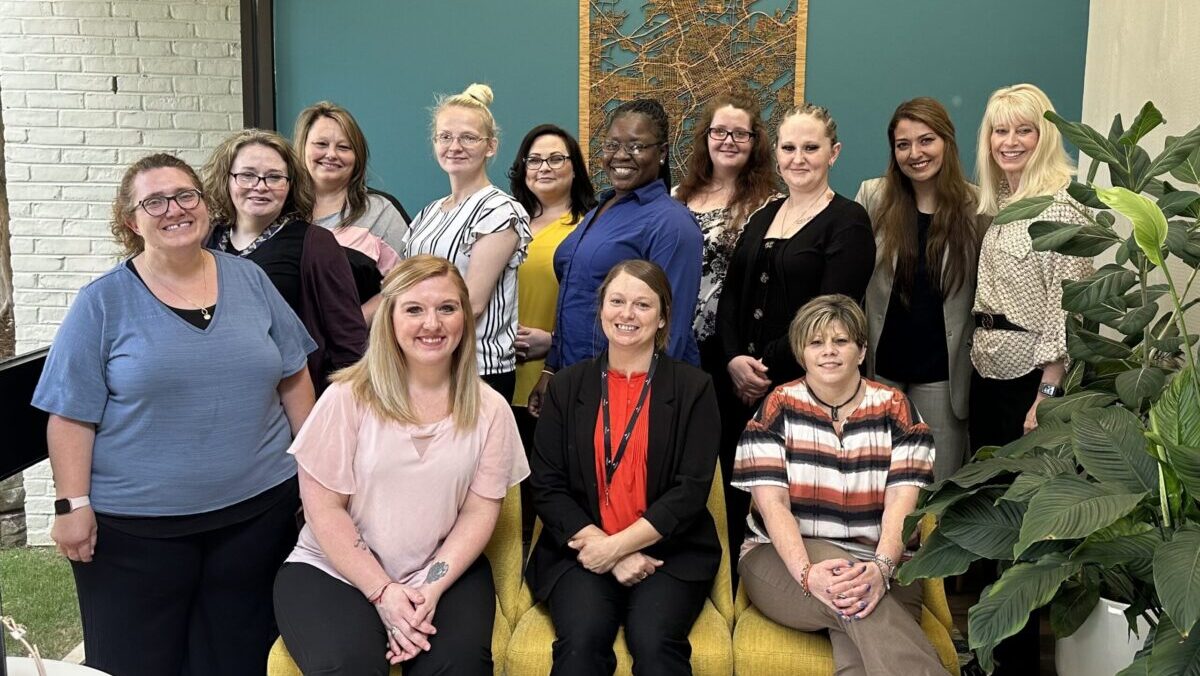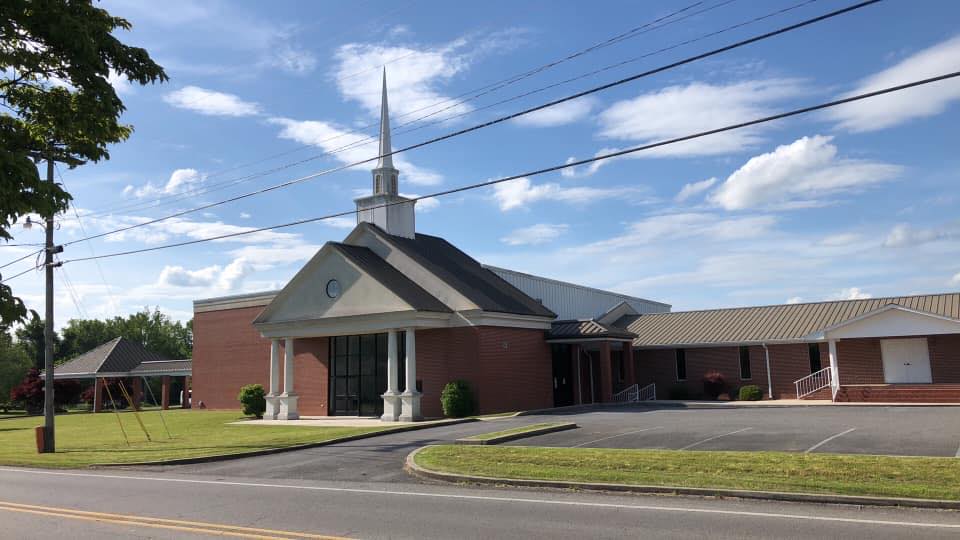When people come out of incarceration, addiction or long-term unemployment, they are often nervous and scared when they receive their first job interview. WorkFaith Birmingham exists to help prepare and empower them for the workforce.
“We know that when people are trying to reenter society or further their career path, … sometimes they need a little bit of extra help,” said Andy Blake, executive director of WorkFaith.
Through WorkFaith’s mock interviews and training, 75% of their 1,300 clients have obtained jobs within six months of the program. According to the organization’s website, “Even though over 50% of our graduates have criminal convictions in their backgrounds, we have less than 2% recidivism rate of any of them returning to prison.”
“We believe God changes lives,” Blake said of the faith-based organization. “One of the tools that He uses is work because that’s what we’re all designed to do.”
Development
Through two-week-long workshops and monthly trainings that include Bible studies, WorkFaith teaches people essential skills, professionalism and how to handle conflict with a faith perspective. The career-oriented organization also helps those who want a refresher course before a job interview.
Located in Birmingham Metro Baptist Association’s building, the nonprofit sends employees to conduct these trainings at local organizations such as The Lovelady Center, which helps women coming out of incarceration and addiction, and the WellHouse, which aids women who have been rescued from human trafficking.
In addition, WorkFaith conducts public workshops at the Salvation Army in North Birmingham and has partnership programs with Birmingham Drug Court.
While the program helps many former convicts and addicts, it’s not an ideal fit for homeless people or people who only have a few months of sobriety.
“Our program is designed for people who are a little bit further along on their journey,” Blake explained, adding they need time to get back on their feet before entering a career.
Overcoming barriers
In his six years at WorkFaith, Blake has noticed the main employment barrier doesn’t involve people’s past. Rather, “the biggest employment barrier for anyone as motivation,” he said.
Aside from that barrier, Blake said that many of his clients who have struggled with addiction or ongoing unemployment don’t know how to truthfully talk about their lives in a way that doesn’t disqualify them from the job.
“They will run from questions about unemployment gaps. They’ll kick that can down the road and hope it doesn’t come up again [in the interview],” Blake said.
Amanda* was a WorkFaith client who hoped her past wouldn’t ruin her future. After she was rescued from sex trafficking, her long criminal record stood between her and employment.
WorkFaith ran a background check to help her know what might come up.
“When we gave the list to her, she was like, ‘Oh, wow,’ because it was very, very long and she didn’t know how to address that,” Blake recalled. “There weren’t one or two things. It was 100 things.”
To address the issue, a WorkFaith staff member sat down with her and individually went through each conviction to offer her guidance. Now, Amanda has two jobs.
New programs
To help more candidates like Amanda gain confidence and have hope, WorkFaith is launching a new initiative called WorkFaith in a Box, a model program that trains organizations how to help others in the job process.
“We had our first seminar this year,” Blake said. “We had six organizations there that are trying to implement our curriculum.”
Additionally, WorkFaith started another program called Magic City Pipeline.
“I believe the key to employment and workforce development in the future is to rethink what we’re doing,” Blake said. “We want to take the soft skills — essential skills … and match them up with the hard skills, partnering with employers and certification opportunities.”
Under the new program, a person will acquire soft skills through a monthly mentorship with WorkFaith for a year. They’ll also attend four seminars and be required to do multiple check-ins with staff members. To acquire hard skills, candidates will be required to either participate in an apprenticeship with a local employer or enroll in technical training classes.
“So an employer agrees to hire this person and give them the hard skills, and they get caught up with us to learn these other essential skills,” Blake said. “That’s what the wave of the future looks like for us.”
Need for mentors
With the launch of Magic City Pipeline, WorkFaith needs volunteer monthly mentors who will sit down with people and ask them basic questions like, “How are things going? What obstacles are you facing? What victories have you gotten?”
Your involvement could help people like Sarah.*
Discouraged, she came to WorkFaith with no history of addiction or incarceration. She had simply lost her job during a company downsizing and had faced unemployment for more than a year.
Despite her education and career background, she couldn’t get past the first interview.
After graduating from a workshop, Sarah put what she learned into practice and found a great job. She can now provide for her family and even look for opportunities to be generous to others.
To get involved with WorkFaith or learn more about the ministry, click here.
*Name changed for privacy.






Share with others: